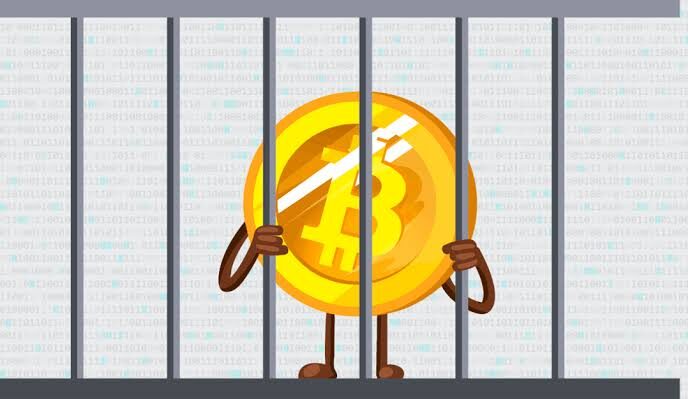In the ever-evolving landscape of digital currencies, Bitcoin has captured the world’s attention. As its popularity grows, so do the questions surrounding its legality. In this blog post, we’ll delve into the topic of whether Bitcoin is illegal or not, addressing common misconceptions and shedding light on its true legal status.
Dispelling the Myth
One of the biggest misconceptions is that Bitcoin is inherently illegal. However, this couldn’t be further from the truth. Bitcoin, as a decentralized digital currency, is not inherently illegal. It’s simply a technological innovation that enables peer-to-peer transactions without the need for intermediaries like banks.
The Legal Perspective
From a legal standpoint, the status of Bitcoin varies from country to country. While some nations have embraced it as a legitimate form of currency, others remain cautious due to concerns about potential misuse, such as money laundering and tax evasion. Governments have been taking steps to regulate and monitor Bitcoin-related activities to ensure compliance with existing laws.
Legality by Region
In the United States, for example, Bitcoin is considered legal and is classified as property for tax purposes. However, regulatory guidelines are in place to prevent illegal activities. In contrast, some countries like Algeria and Bolivia have outright banned Bitcoin and other cryptocurrencies.
Benefits and Challenges
Bitcoin’s decentralized nature provides benefits such as financial inclusion, reduced transaction fees, and borderless transactions. However, these advantages also present challenges in terms of regulatory oversight and consumer protection. Striking a balance between innovation and security remains a key challenge for governments worldwide.
Navigating the Gray Areas
As the legal landscape evolves, some gray areas persist. Initial Coin Offerings (ICOs), for instance, have raised legal questions due to their potential to be used for fraudulent activities. Additionally, the anonymity associated with Bitcoin transactions has sparked debates about its role in facilitating illegal transactions.
Conclusion
In conclusion, the legality of Bitcoin is a complex and multifaceted issue that depends on the jurisdiction and the regulatory framework of each country. While Bitcoin itself is not inherently illegal, it’s crucial to be aware of the laws and regulations that govern its use in your region. As the world continues to grapple with the challenges and opportunities presented by digital currencies, staying informed and engaging in responsible use remain paramount.Remember, the information provided in this blog post is intended for informational purposes only and should not be considered legal advice. If you’re unsure about the legal status of Bitcoin in your country, it’s always a good idea to consult with legal professionals who specialize in cryptocurrency regulations.

